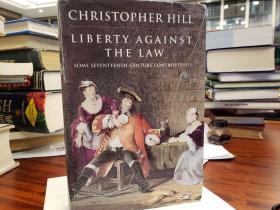
Liberty against the Law Some Seventeenth-Century Controversies
牛津大学历史学家克里斯托弗·希尔,精装本;现货!非代购!非“海外库房”发货!
¥ 216 八五品
仅1件
浙江杭州
认证卖家担保交易快速发货售后保障
作者Hill, Christopher
出版社Allen Lane
出版时间1996
印刷时间1996
装帧精装
尺寸23.5 × 16 cm
页数354页
上书时间2024-06-07
- 在售商品 暂无
- 平均发货时间 1小时
- 好评率 暂无
- 店主推荐
- 最新上架
商品详情
- 品相描述:八五品
- 图书馆藏书。17世纪的英国革命推翻了君主专制统治,确立了立宪君主政体,为资本主义的发展铺平了道路。这场革命也成为包括克里斯托弗·希尔在内的一些英国著名史学家关注的焦点。克里斯托弗·希尔是英国著名马克思主义史学家,研究都铎王朝和斯图亚特王朝的权威之一。与英国其他马克思主义史学家一样,希尔倡导"自下而上的"史学研究,关注社会底层,强调大众的经验。他在英国革命研究中运用了阶级分析方法,强调这场革命是一场资产阶级革命;同时,他主张从社会、政治、经济以及思想文化等多个层面看待这场革命,避免简单的分析和粗俗的经济基础一上层建筑解释模式。希尔对英国革命的解释,影响了我国史学界对这场革命的看法。
- 商品描述
-
John Edward Christopher Hill (6 February 1912 – 23 February 2003) — known as Christopher Hill — was an English Marxist historian and author of textbooks
Hill returned to Oxford University after the war to continue his academic work. In 1946, Hill and many other Marxist historians formed the Communist Party Historians Group. In 1949, he applied to be the Chair of History at the newly created Keele University, but was turned down because of his Communist Party affiliations.[1] He helped create the journal Past and Present in 1952, that focused on Social history.Hill was becoming discontented with the lack of democracy in the Communist Party.[2] However, he stayed in the party, unlike many other intellectuals, after the Soviet invasion of Hungary in 1956. He finally left the party in the spring of 1957 when one of his reports to the party congress was rejected.After 1956, Hill's career ascended to new heights. His studies on 17th-century English history were widely acknowledged and recognised. It was also the year of the publication of his first academic book; Economic Problems of the Church from Archbishop Whitgift to the Long Parliament.[1] These were based on the study of printed sources accessible in the Bodleian Library and on the secondary works produced by other academic historians rather than on research in the surviving archives. In 1965, Hill was elected the Master of Balliol College.[1] He held the post from 1965 to 1978, when he retired (he was replaced by Anthony Kenny). Among those of his students at Balliol was Brian Manning, who went on to develop understanding of the English Revolution.Many of Hill's most notable studies focused on 17th-century English history. His books include Puritanism and Revolution (1958), Intellectual Origins of the English Revolution (1965 and revised in 1996), The Century of Revolution (1961), AntiChrist in 17th-century England (1971), The World Turned Upside Down (1972) and many others.He retired from Balliol college in 1978 when he took up a full-time appointment for two years at the Open University. He continued to lecture thereafter from his home at Sibford Ferris, Oxon.In Hill's later years, he lived with Alzheimer's disease and required constant care.[5] He died on 23 February 2003 of cerebral atrophy in a nursing home in Chipping Norton, Oxfordshire.
http://news.163.com/14/1026/17/A9GFP69500014SEH.html
http://www.douban.com/note/186572922/?type=like
— 没有更多了 —











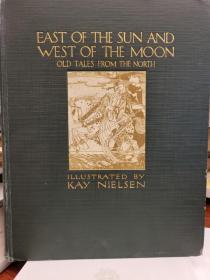
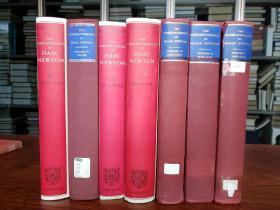

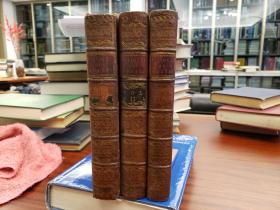
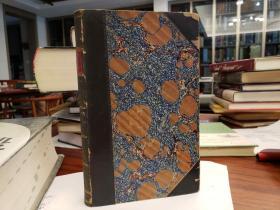
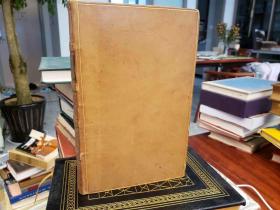



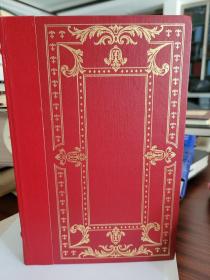
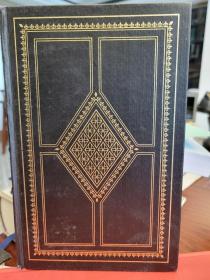
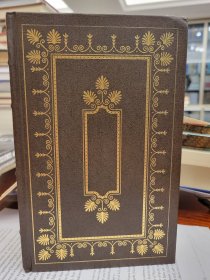
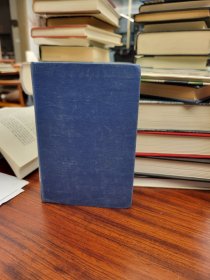


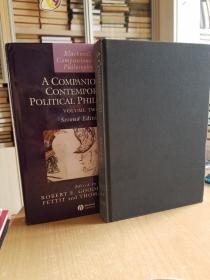

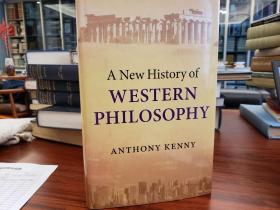

以下为对购买帮助不大的评价